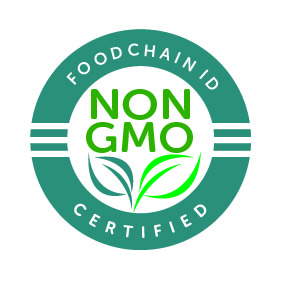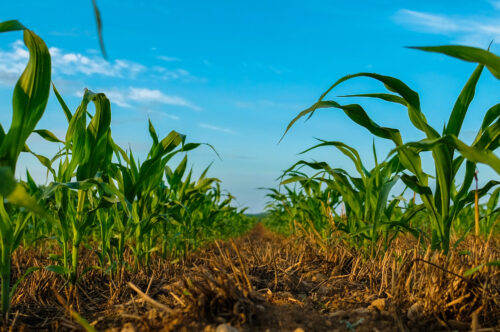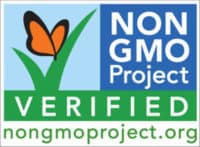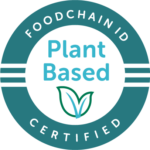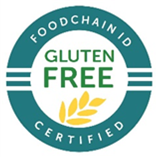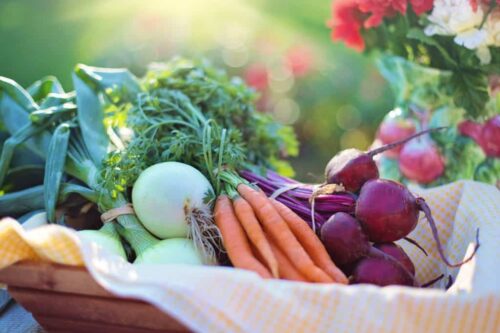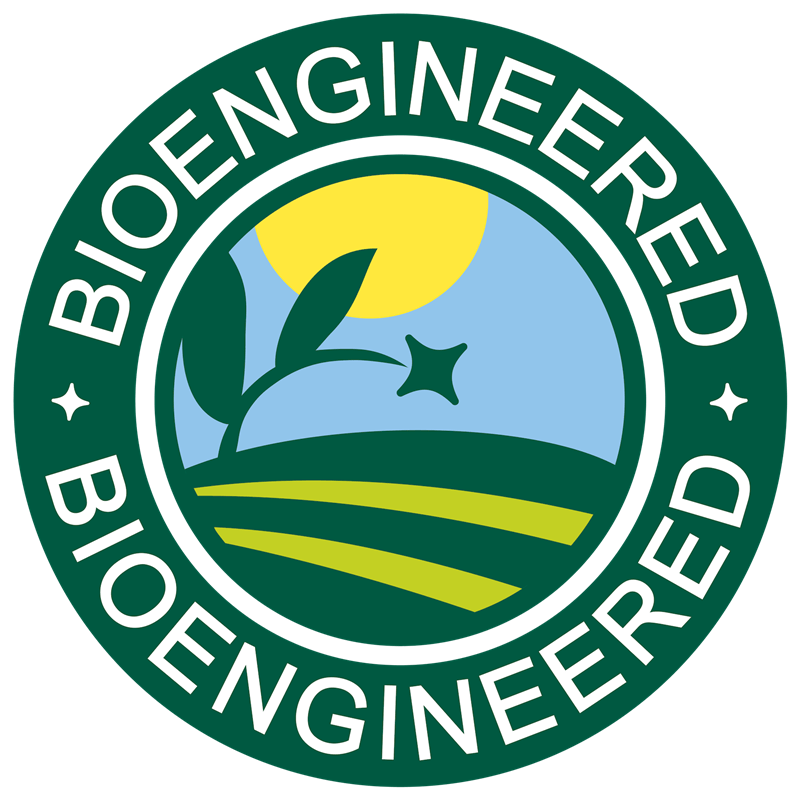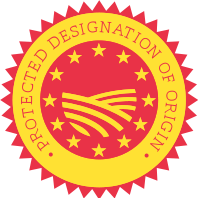Effectively Assessing Vulnerabilities to Intentional Adulteration and Food Fraud
It’s Pumpkin Time – Flavor Usage for Seasonal Beverages
Beyond the SOE Deadline: Q&A Session
The Path to a Sustainable Future
Gen Z Food Choices Driven by Sustainability, Nutrition and Clean Labels
Are you SOE ready ?
Not sure if your operation is affected by the SOE ruling? Try our free Online Assessment Quiz
The online assessment quiz will provide you with a quick evaluation of your business’s compliance with the SOE ruling. By answering a few simple questions, you’ll gain valuable insights into whether your operations require certification under the new regulations.
Don’t leave your organic business’s future to chance. Take control and ensure compliance with the SOE ruling. Take our free online assessment tool now and pave the way for a seamless transition to the new era of organic regulations.
Companies can use FoodChain ID’s proprietary supply chain certification management database, SupplyTrak,® to easily gather documentation and complete the process to get organic certified with Bioagricert. The same supply chain data can also be used for Non-GMO Project Verification and Vegan/Vegetarian/Plant-Based certification.
SupplyTrak allows food processors to manage your certifications in one place, making the process more efficient and saving you time. You can then focus on the continued success of your products.
Organic Certification Program requirements
- All enterprises wishing to use the term “organic” in the US to describe products must be certified to the USDA National Organic Program.
- Certification is available for all species of cultivated crops and wild-harvested plants and fungi, domesticated livestock and bees, and all kinds of processed products therefrom.
- Certification entails developing an Organic System Plan, which is reviewed by technical experts, and then verified by an on-site inspection. The Organic System Plan details the production practices, materials input use, labeling, and supporting documentation necessary to show compliance with the National Organic Program rules. If non-conformities with the rules are found, the operation has the opportunity to make corrections, except in rare cases where irremediable problems are found to exist.
- Certification is an annual process, whereby updates to the Organic System Plan are checked through desk review and on-site inspection.
- As part of routine surveillance and to fulfill accreditation requirements, the program includes unannounced inspections and residue testing as a certain percentage of its certification activities.
Certification process/steps
Timelines
- We respond within 2 business days of an inquiry and generate a cost estimate based on information obtained about your site.
- An application and service agreement is sent out within 2 business days. Once returned, forms and/or access to our database is provided for you to complete to describe your Organic System Plan. Once submitted we review the plan within one month.
- Upon approval of your plan, your file is sent to inspection. A representative will reach out to you within a week to begin the process of scheduling your inspection.
- After the inspection is complete, your inspector will return a report within 7 days, then we will review and issue a certification decision.
- The yearly renewal process is initiated via a communication sent to you 3 months prior to your previous year’s inspection to give you adequate time to confirm you want to renew.
The standard
The National Organic Program rules are specified in the Code of Federal Regulations at 7 CFR 205.
- USDA National Organic Program Rule (from the US Code of Federal Regulations)
- National List of Allowed and Prohibited Substances
- National Program Handbook (additional guidance on specific aspects of the National Organic Program rules)
Seal/trademark use
- Certified clients are entitled to use the Bioagricert seal on qualifying products, at no extra charge.
- The USDA Organic seal is governed by the USDA. Labeling requirements can be found here.


